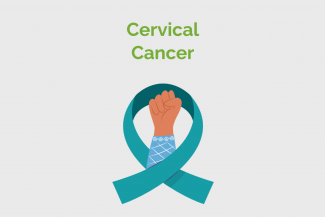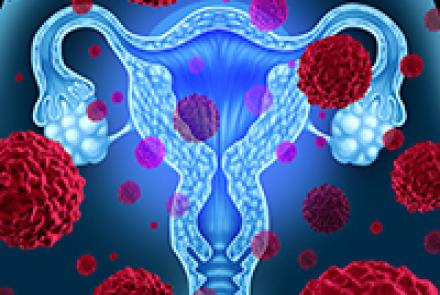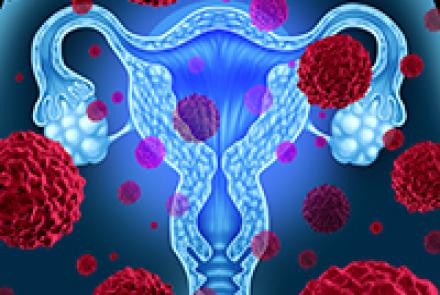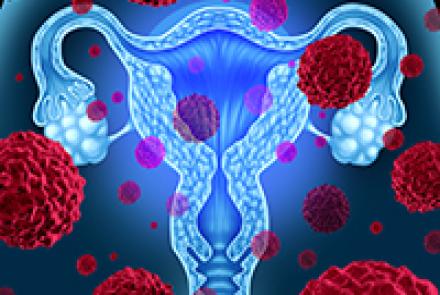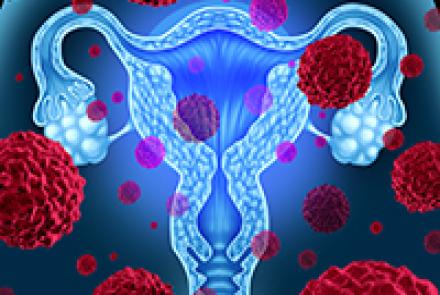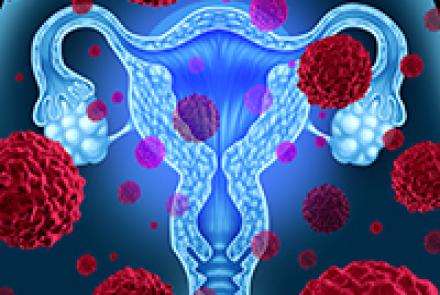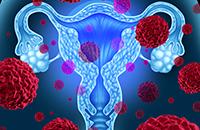
Can cervical cancer be prevented?
Cervical cancer starts with precancerous changes to the cervix. You can find and treat precancer with regular Pap tests and HPV tests or you can try to prevent precancer by controlling possible risk factors of Cervical Cancer. Annual Pap test is a must! This form of cancer can sometimes develop without our knowledge so the biggest self-help tip is to get your regular screening check-ups!
Take the HPV vaccine
There are two HPV vaccines (Gardasil and Cervarix), which reduce the risk of cancerous or precancerous changes of the cervix by about 93% and 62%, respectively. Read what Dr. Dubey has to say about HPV vaccines preventing cervical cancer.
HPV vaccines are typically given to women age 9 to 26 as the vaccine is only effective if given before infection occurs. The vaccines have been shown to be effective for at least 4 to 6 years, and it is believed to be effective for longer. However, the duration of the protection it provides and whether a booster will be needed is yet unknown.
- Delay first sexual intercourse until the late teens or older
- Limit the number of sex partners
- Avoid sexual intercourse with people who have had many partners
- Avoid sexual intercourse with people who are obviously infected with genital warts or show other symptoms
- Have safe sex by using condoms. This reduces the risk of HPV infection. Condoms also protect against HIV and genital herpes.
- Quit smoking

